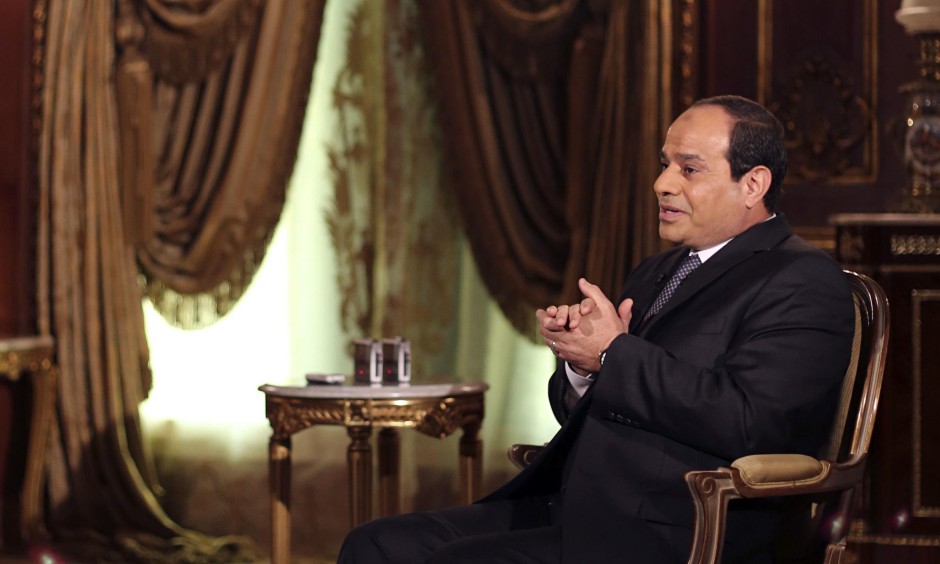Abdel Fattah el-Sisi’s accession to Egypt’s presidency is yet another stunning blow to the already battered Muslim Brotherhood.
Sisi, previously chief of staff of the armed forces and defence minister, defeated his only credible opponent, Hamdeen Sabahi, a disciple of the late Abdel Gamal Nasser, by a whopping margin in last month’s election. Sisi, who will be sworn in on June 8, won 96.9 percent of the vote, raising suspicions that the election was rigged.
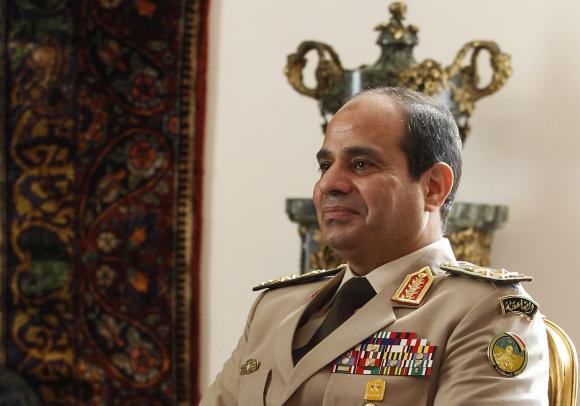
In the weeks leading up to the May 26-27 election, Sisi adopted a hard line toward the Muslim Brotherhood, known as the Ikhwan. Ruling out reconciliation as a waste of time, he declared, “We can’t live together.”
Promising to continue to wage war against the Muslim Brotherhood, Sisi said, “If I am elected president, (it) will cease to exist” and “no memory of this movement will remain.”
Still smarting from Sisi’s ferocious crackdown on the Muslim Brotherhood in the past year, during which the previous president, Mohammed Morsi, was deposed in a coup d’etat and thousands of its members were arrested and killed, Muslim Brotherhood leaders dismissed the election as illegitimate and called on its followers to boycott it.
With only 47 percent of eligible voters casting ballots, Sisi must have been disappointed by the low turnout. But he need not worry. What matters now is that Sisi has gained full control of the country and has become its latest autocratic strongman. Under the constitution drafted by the military-backed civilian government following Morsi’s ouster, Sisi can serve for eight years and, if he so chooses, extend his term of office indefinitely.
Having pledged to usher in an epoch of security, stability and economic development, even at the expense of democracy, Sisi has pledged to deal harshly with political Islam, which is embodied by the Muslim Brotherhood, Egypt’s oldest and largest Islamist organization.
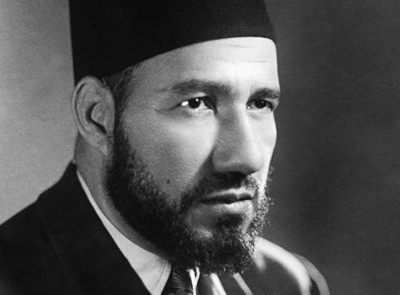
Founded in 1928 by Hassan al-Banna, a provincial school teacher, the Muslim Brotherhood dedicated itself to building an Islamic society based on the strictures of Shariah law. Its slogan was “Islam is the solution.” In common with Egyptian secular nationalist parties of the 1930s and 1940s, the Muslim Brotherhood was opposed to the British colonial presence, which began in the 1880s. It was also committed to purging Western cultural influences in Egypt.
By 1948, the Muslim Brotherhood had 500,000 members, some of whom fought in the first Arab-Israeli war.
During its entire history, the Muslim Brotherhood has been barely tolerated and often repressed by the powers-that-be. It was blamed for the 1948 assassination of Egypt’s prime minister, Mahmoud al-Nukrashi, even though Banna denounced his murder. Banna himself was assassinated by unidentified gunmen shortly afterwards.
The Muslim Brotherhood welcomed the overthrow of the corrupt monarchy and cooperated with the new republican rulers from the Free Officers movement. Nonetheless, having been held responsible for the attempted assassination of Nasser in 1954, it was banned.
In 1966, its chief ideologue, Sayyid Qutb, was executed.
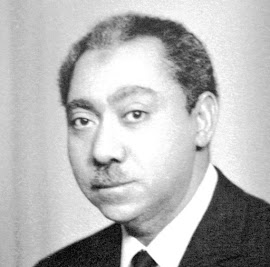
From the 1980s onward, the Muslim Brotherhood participated in electoral politics by running candidates as independents or by forming alliances with established parties like the Wafd, the Socialist Liberals and the Socialist Labor Party. In 2000, it won 17 seats in the toothless lower house of parliament, and five years later, it picked up yet more seats.
Hosni Mubarak, the longtime president of Egypt, imposed severe restrictions on the Muslim Brotherhood, making it much harder for its representatives to contest elections. Nonetheless, it remained a vital force due to its social welfare network.
When mass protests convulsed Egypt in the winter of 2011, the Muslim Brotherhood maintained a low profile, but gradually, it adopted an assertive stance. After Mubarak’s ouster, the Supreme Council of the Armed Forces governed Egypt. Sisi, then head of military intelligence, was its youngest member.
The Freedom and Justice Party, formed by the Muslim Brotherhood, won almost 50 percent of the seats in the first democratic election in 2012. Morsi, the party’s chairman, became Egypt’s first democratically elected president, beating his opponent, Ahmed Shafiq, by a narrow margin.
Morsi claimed his objective was to build a modern democratic state in which freedom of religion and assembly would be guaranteed. But he outraged secularists, liberals and the Coptic Christian minority by granting himself excessive powers and by foisting an interim constitution on the public.
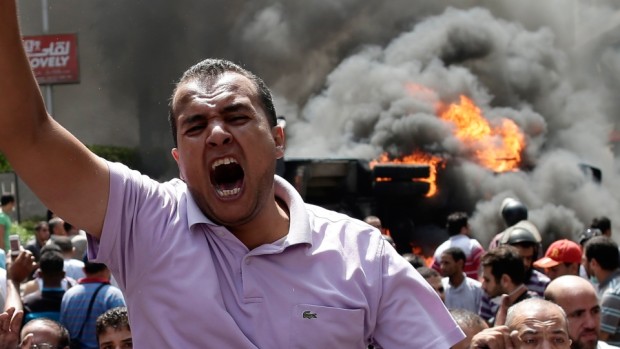
Deadly clashes broke out between supporters and foes of the Muslim Brotherhood, prompting the military to issue a warning that the chaos could lead to “a collapse of the state.”
During this unsettled period, the army fired on Muslim Brotherhood encampments in Egyptian cities, killing more than 1,000 of its members in an unprecedented bloodbath.
As the unrest escalated, Morsi’s critics accused him of failing to restore order and fix the sluggish economy. They also accused him of placing Islamist interests ahead of the country’s interests. On June 30, 2013, in massive street demonstrations, millions of Egyptians demanded his resignation.
On July 1, the armed forces warned Morsi it would intervene if he did not resolve the crisis. On July 3, the army suspended the constitution and deposed Morsi, prompting the Muslim Brotherhood to denounce the “military coup” and to urge its members to take to the streets in protests.
Sisi, whom Morsi had appointed defence minister, installed a judge as his interim successor. But for all intents and purposes, Sisi and his fellow generals were in charge of Egypt’s affairs.
Since then, about 10,000 Muslim Brothers, including its leadership, have been arrested, while the Muslim Brotherhood itself has been banned and branded as a terrorist organization. Its new headquarters in Cairo was burned to the ground last year.
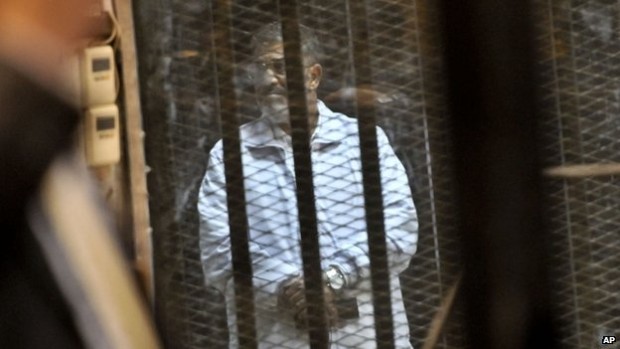
Morsi, having been charged with a variety of crimes that carry the death penalty, remains under arrest and has appeared in court several times since November 2013.
Since last year’s coup, an Islamic insurgency has erupted on the mainland and in the Sinai Peninsula, claiming the lives of hundreds of Egyptian soldiers and police. Islamic radical groups affiliated with Al Qaeda, such as Ansar Bayt al-Maqdis, are believed to be behind many of the attacks. The Muslim Brotherhood claims it opposes violence.
In its campaign to root out terrorism, Egypt has cooled its relationship with Hamas, which administered the Gaza Strip until the formation of a new Palestinian government this week, while the Egyptian army has closed hundreds of smuggling tunnels running from Sinai into Gaza, a development that pleases Israel.
These are dark times for the Muslim Brotherhood, which has been assailed and marginalized by Sisi and his allies. But that doesn’t mean that the Muslim Brotherhood is dead. “You can try to kill an organization,” writes Shadi Hamid, a fellow at the Brookings Institute in Washington, D.C., “but killing an idea is a different matter entirely.”
